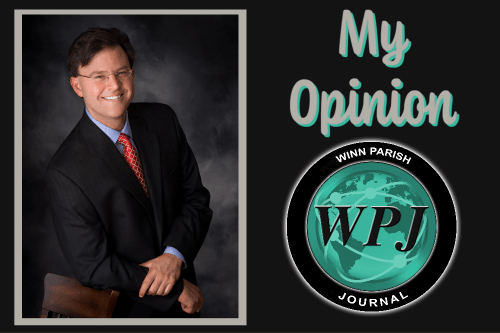
By: Royal Alexander
All he has ever sought to do is pray for a few seconds after each game, win or lose. He would take a knee by himself in quiet prayer at the 50-yard line. He was fired for it.
Over the years, Coach Joe Kennedy, an 18-year Marine veteran who credits God with turning his life around, would pray for 15-30 seconds at mid field. Eventually, some of the young high school football players drawn to his example would ask to join him at midfield. When the school district eventually demanded he stop doing that with his players he obliged, recalling that his promise to God was to merely pray himself.
However, that was not soon enough and attorneys for the school district eventually required that he refrain from any “demonstrative religious activity.” He was then urged to, instead, walk across the football field, up the stairs, across a practice field and into the main school building, down the hall and into the janitor’s office if he wished to pray after games. That struck Coach Kennedy as wrong because it would appear his prayer was something to be ashamed of or hidden and so he asked if he could simply continue to pray alone and quietly at midfield after each game.
But this was forbidden by the anti-religion Woke Thought Police who seek to cancel those with whom they disagree.
So, two days after his last post game prayer he was suspended by the school, even though it acknowledged there was “no evidence that students have been directly coerced to pray with him” and that, in fact, he had complied with the school’s instructions that he “not intentionally involve students.” Nevertheless, his permanent record was marred with the first negative evaluation in his file as “Do Not Rehire.”
What is so intriguing about this case is the clarity with which the core legal issue is presented: Whether one individual, a coach at a public school, who quietly and solitarily seeks to pray for a few seconds after each game on public school property, may do so under the Free Exercise Clause of the U.S. Constitution?
The Atlantic magazine author, David French, has observed in an article entitled “Let Coach Kennedy Pray” that “in Kennedy v. Bremerton School District, the Supreme Court has the chance to ensure that teachers are not the state’s robots.” (April 29, 2022). French further notes that “the case isn’t mainly about prayer. Rather, it’s about the extent to which the state treats public-school teachers as citizens or entirely as subjects under government control during every meaningful moment on the clock.”
Also, in Tinker vs. Des Moines (1969) the U.S. Supreme Court held that the U.S. Constitution allowed students to wear black armbands to school in honor of those who were dying in the Vietnam War, and in protest of the war. The Court ruled that the armbands were speech, and speech is protected under the First Amendment.
Justice Fortas, who authored the majority opinion, held that neither teachers nor students “shed their constitutional rights to freedom of speech or expression at the schoolhouse gate.” The Court held that the armbands were protected not only under First Amendment Freedom of Speech, but also the 14th Amendment’s Due Process Clause, which declares that no person may be deprived of “life, liberty, or property without due process of law.”
With respect to the Establishment and Free Exercise Clauses—both contained in the First Amendment to the U.S. Constitution—only in the overtly hostile, anti-religious environment in which we currently live can an individual American citizen who works as a public-school employee praying alone for a few seconds on public school grounds be deemed an “establishment of religion.”
Rather, it is clear both that no student was being coerced, required, or even asked to join him and that in that moment the individual, Coach Kennedy, is neither a representative of the school nor is his private prayer a prohibited “government endorsement of religion” in violation of the U.S. Constitution.
I’m hopeful the Supreme Court will allow Coach Kennedy to continue to express himself and to speak through his prayer. Again, U.S. citizens who serve as teachers are not forced to “shed their constitutional rights to freedom of speech or expression at the schoolhouse gate.”
As Justice Fortas held in Tinker, public schools “may not be enclaves of totalitarianism.”
I pray the U.S. Supreme Court maintains this vital constitutional precedent.
The views and opinions expressed in the My Opinion article are those of the authors and do not necessarily reflect the official policy or position of The Winn Parish Journal. Any content provided by the authors is of their opinion and is not intended to malign any religion, ethnic group, club, organization, company, individual or anyone or anything.

